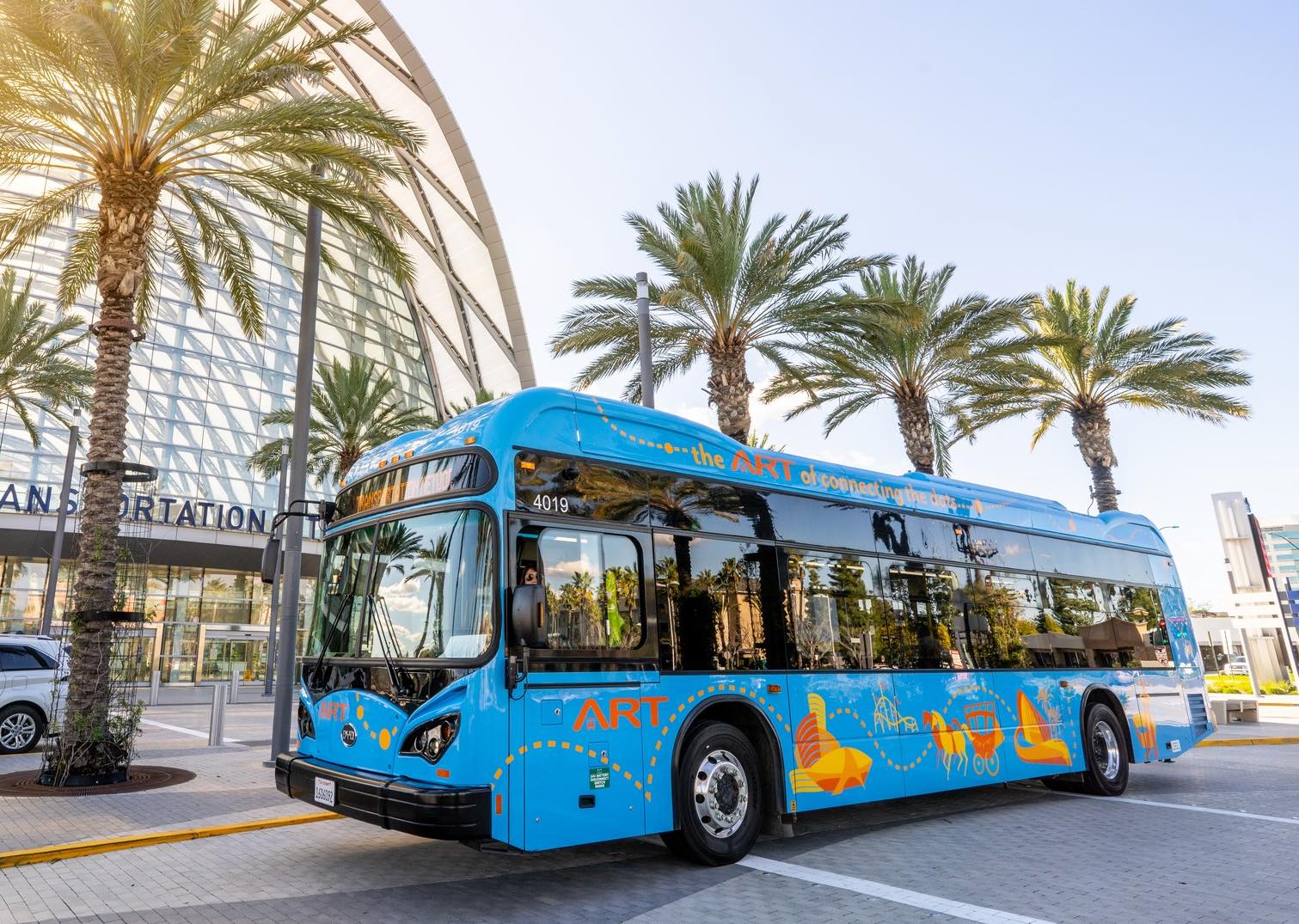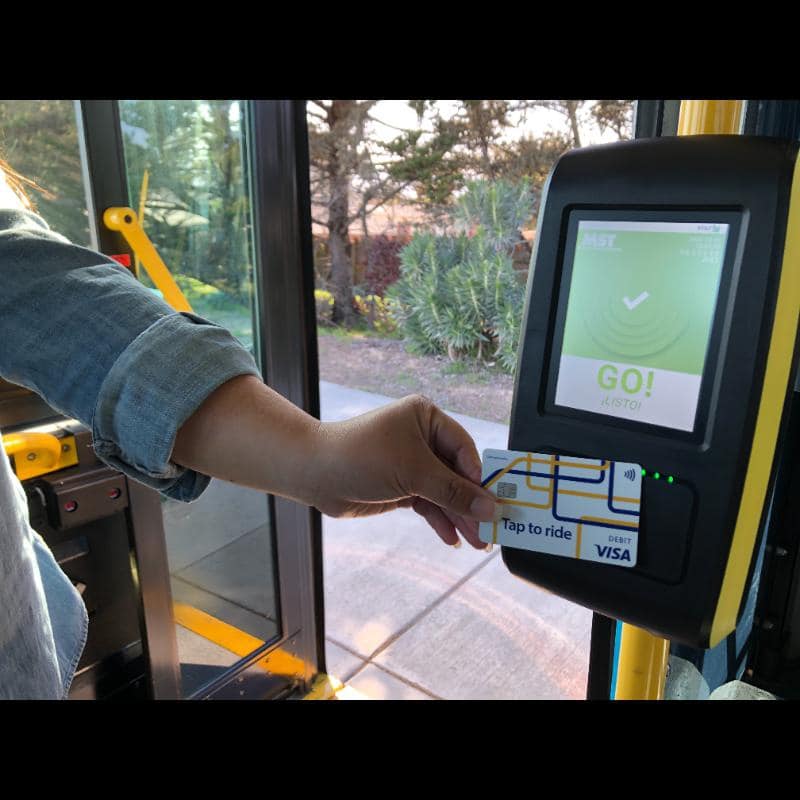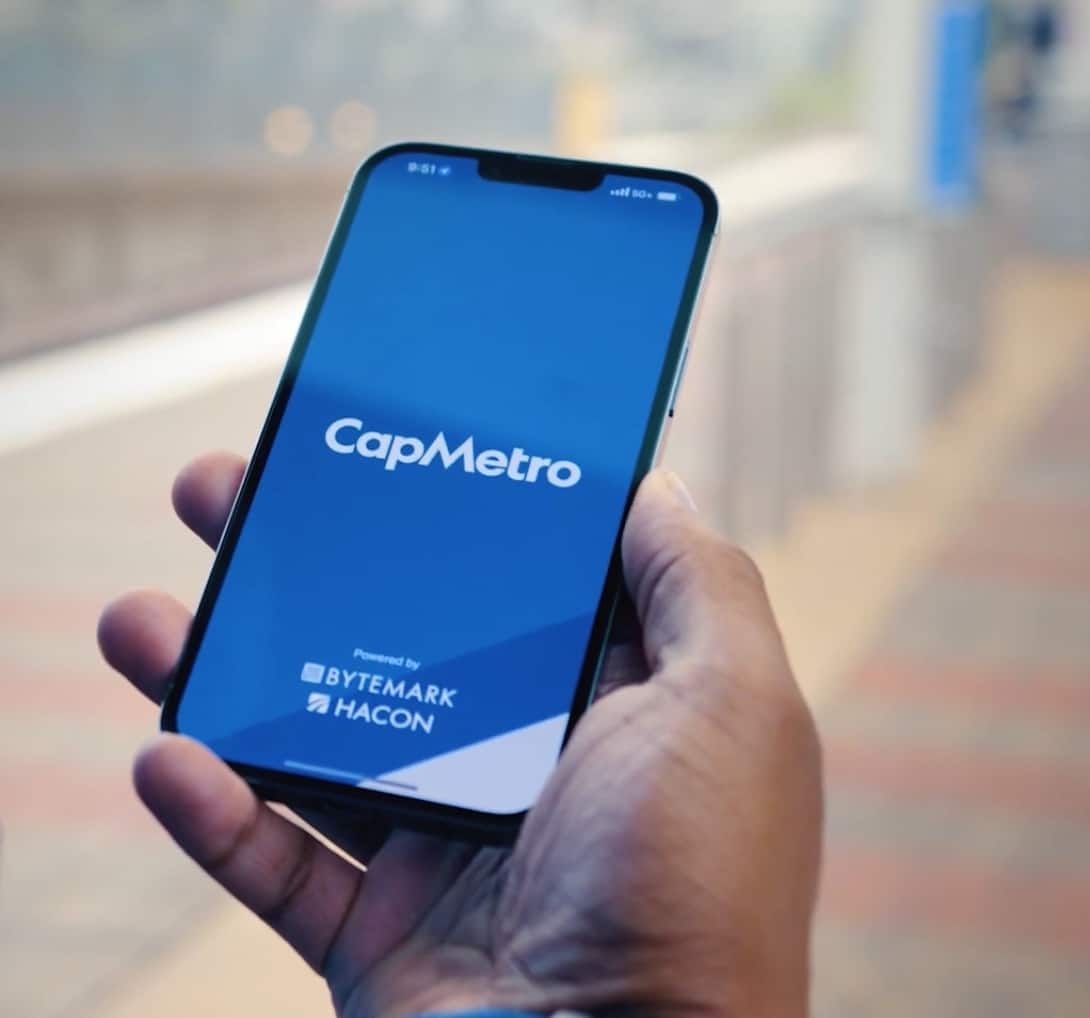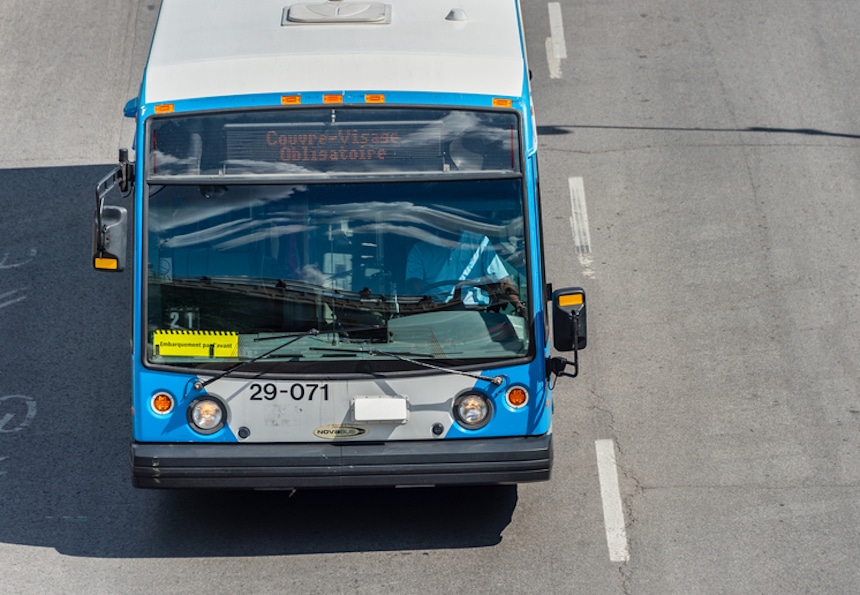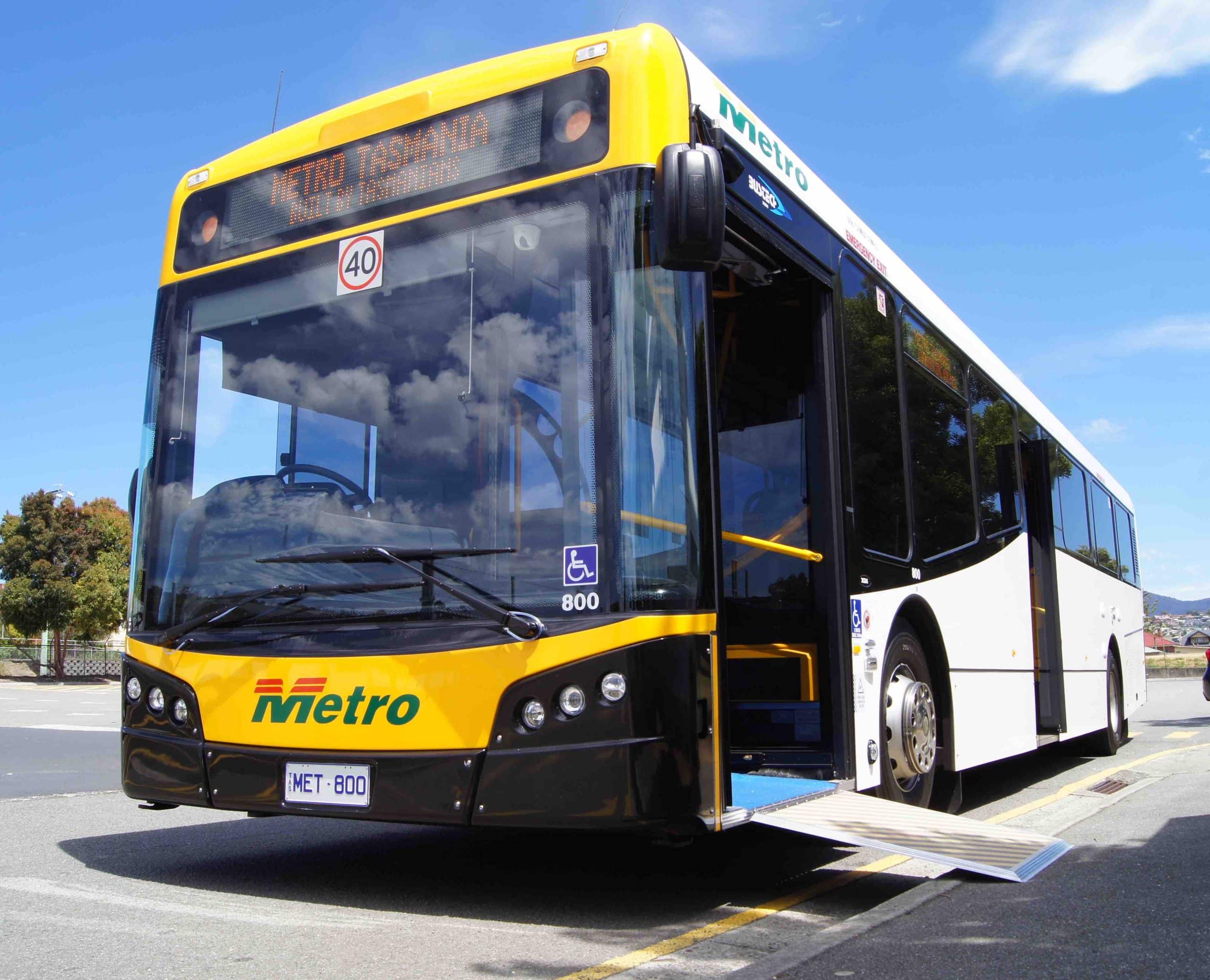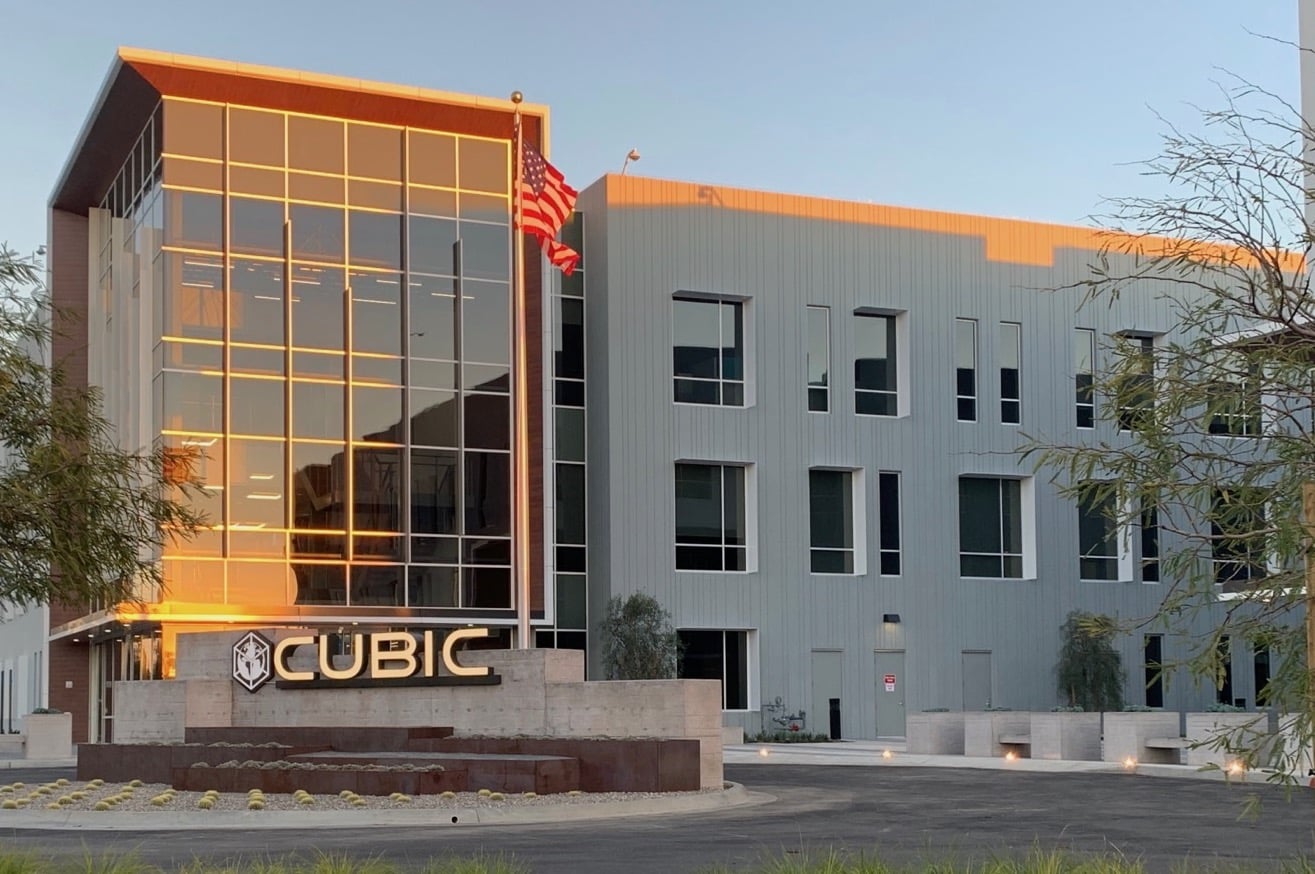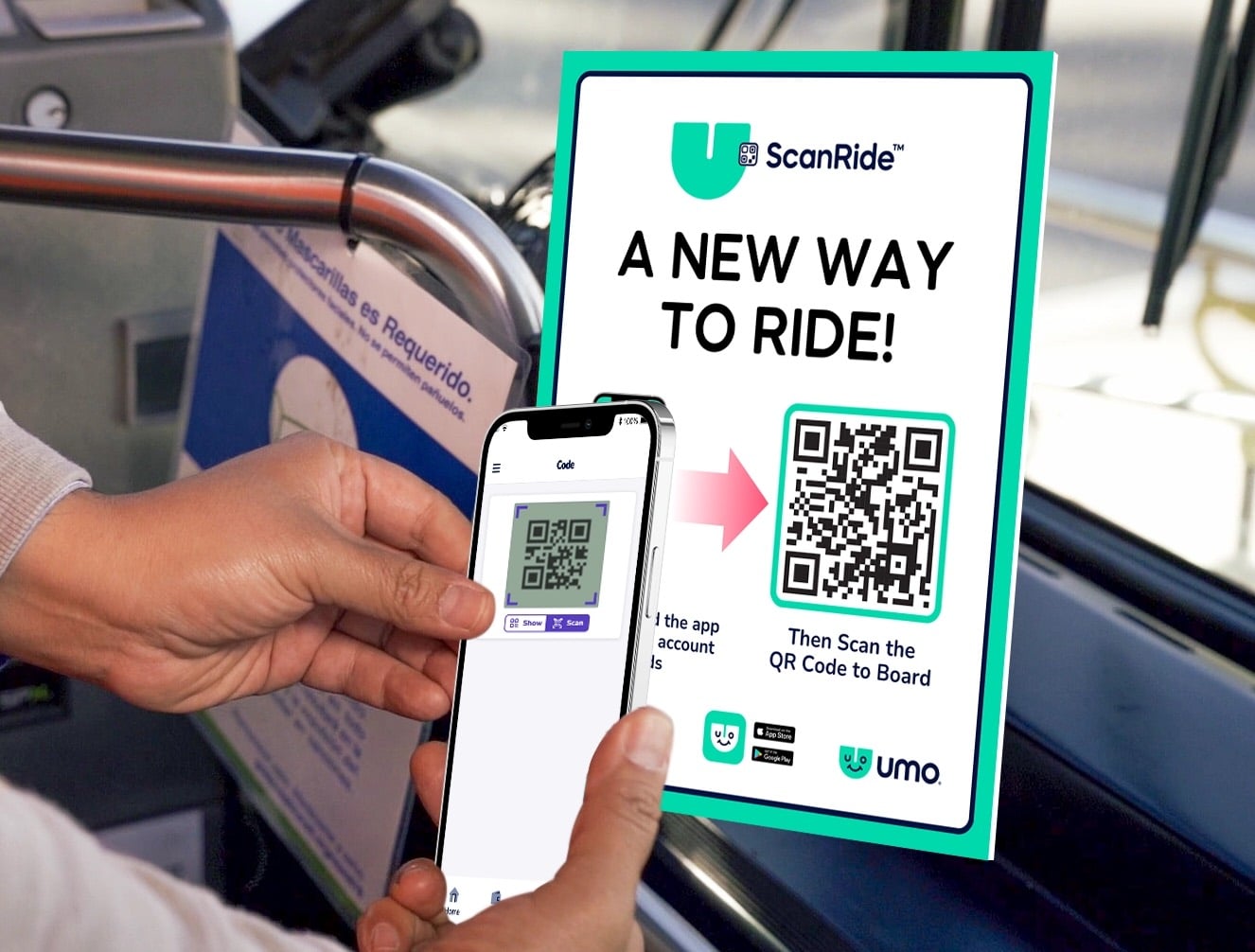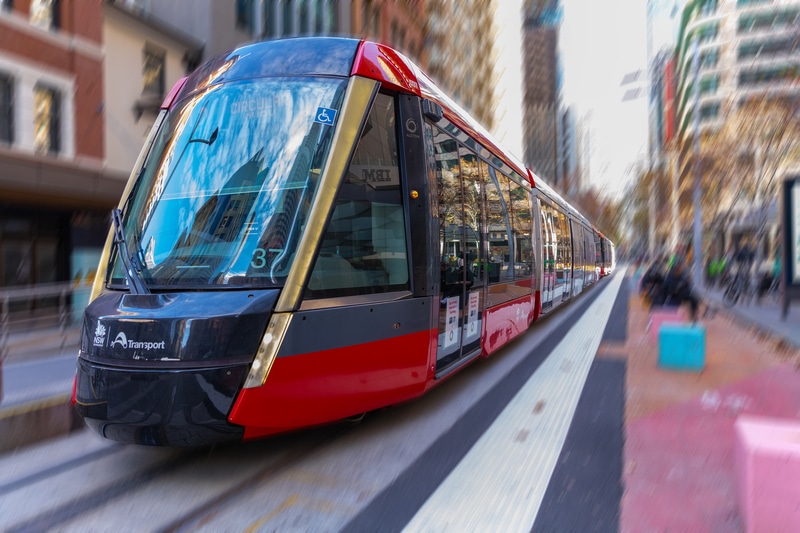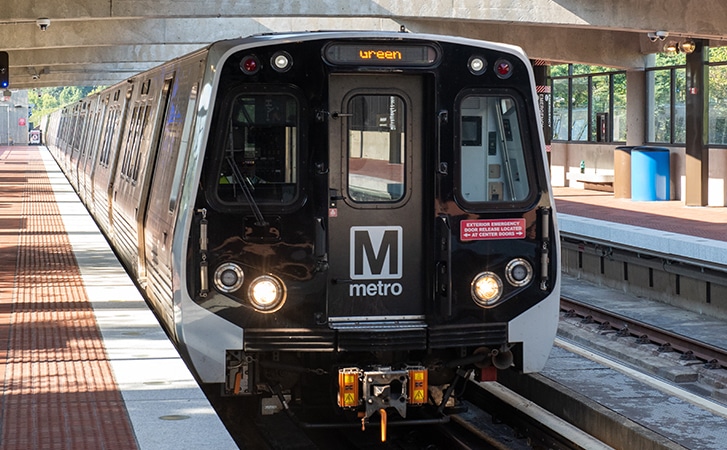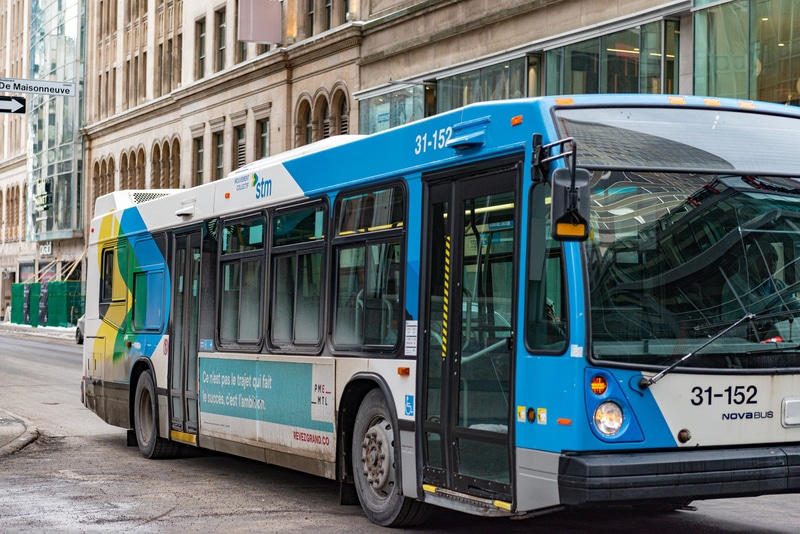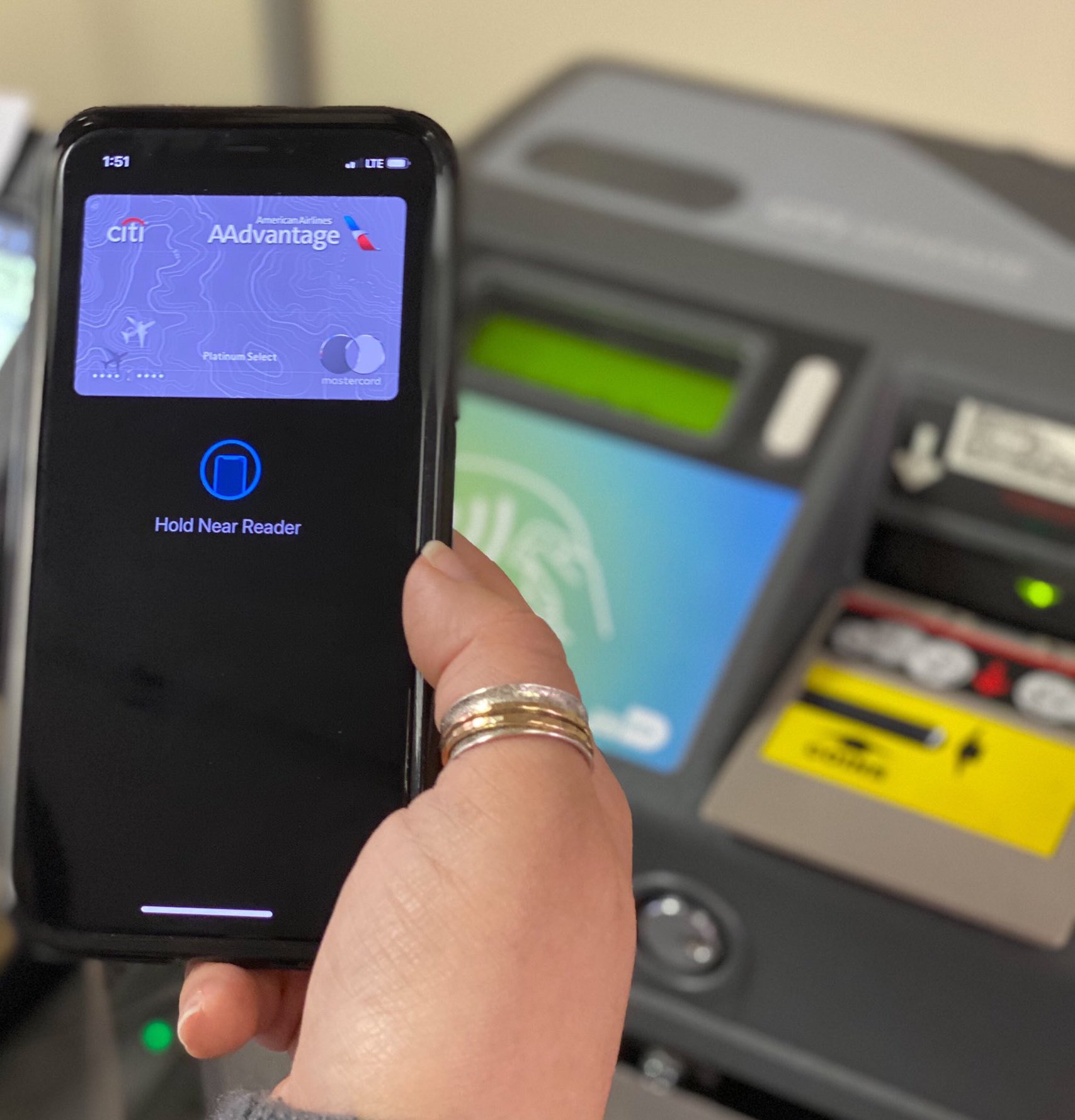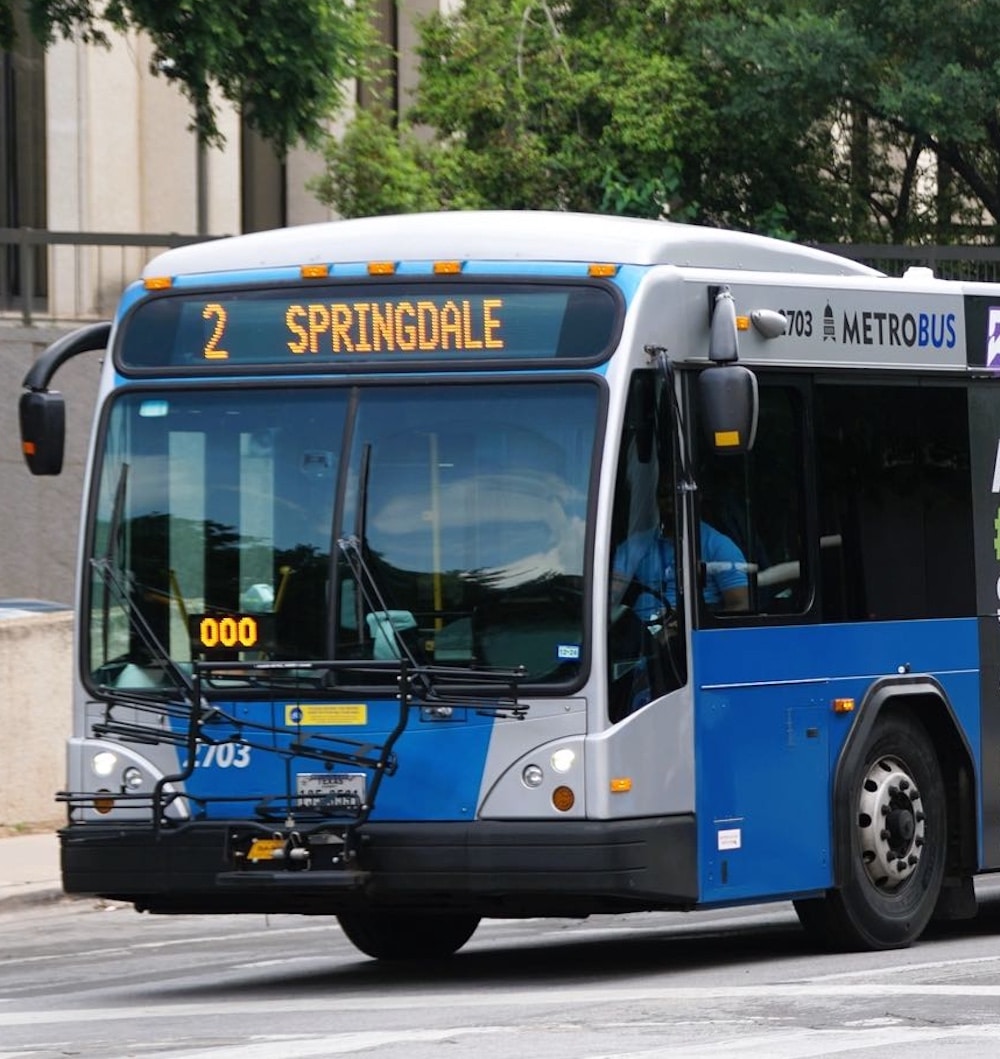
Article Highlights
In its first full year of operation, a state-backed program in California targeted at small to mid-sized transit agencies– encouraging them to buy open-loop payments technology–has attracted orders from just six agencies and one small group.
• Chart: Invoiced Orders for Seven Projects
• Cal-ITP
• Capitol Corridor
• SacRT
• Humboldt Transit
• MST (Monterey-Salinas)
• Coast RTA
In its first full year of operation, a state-backed program in California targeted at small to mid-sized transit agencies– encouraging them to buy open-loop payments technology–has attracted orders from just six agencies and one small group.







